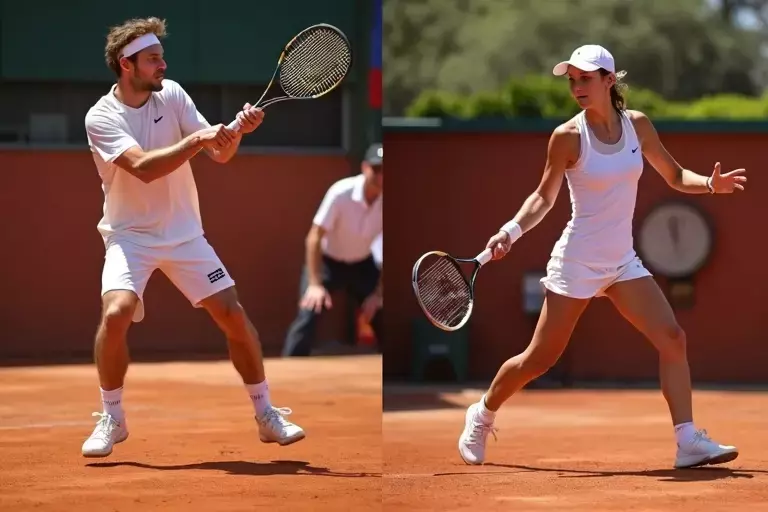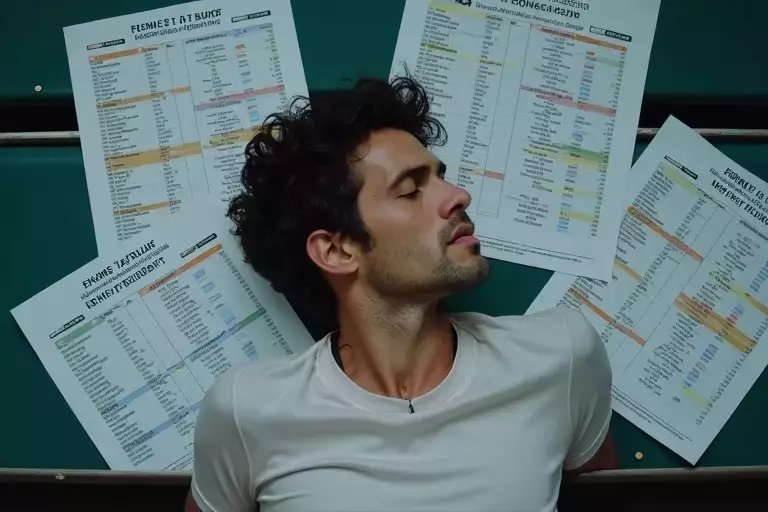







The Madrid Open in 2025 brings top ATP and WTA Tour athletes to compete on clay courts, yet player health and the demanding tournament schedules are drawing attention. Last year's winners Andrey Rublev and Iga Swiatek highlight the competitive spirit required for success. However, concerns have arisen over players competing while injured due to financial pressures and the packed tennis calendar. Legendary tennis figure Boris Becker criticizes the current system for encouraging participation despite injury.
Becker's critique extends to the sheer volume of tournaments required by the ATP Tour. Andrea Petkovic shares her experiences on the women's tour, revealing missed bonuses due to absences from mandatory events. Both emphasize the finite nature of a tennis career and the psychological toll of an overloaded schedule, raising questions about the sustainability of such demands.
Challenging the Tennis System: Becker's Perspective
Boris Becker has voiced his concerns regarding the professional tennis system that compels players to compete while injured. He argues that allowing partially fit athletes to participate without repercussions undermines the integrity of professional sports. This issue stems from the fear of losing earnings during a limited career span. Becker believes the system should prioritize player well-being over excessive competition.
Former world-class player Boris Becker delves into the complexities of the modern tennis environment. He points out that the current structure often forces athletes to disregard their health in pursuit of financial stability. Tennis careers are short-lived, with many not achieving the longevity of icons like Novak Djokovic or Rafael Nadal. Consequently, players feel pressured to maximize their earnings within this brief window. Becker highlights how the absence of penalties for withdrawing might discourage unhealthy competition. Furthermore, he explains that the allure of prize money can overshadow long-term health considerations, creating a dilemma for players who must balance finances against physical limitations.
The Strain of Tournament Schedules: A Closer Look
Both Becker and Petkovic express dismay at the overwhelming number of tournaments mandated by the ATP Tour. Players face the daunting task of participating in numerous competitions annually, which significantly impacts their physical and mental health. Becker notes that even top-tier athletes struggle under this intense workload, affecting not only their performance but also their overall well-being.
Examining the specifics, Becker reveals the extensive commitments expected from ATP Tour participants. Top-ranked players are obligated to engage in Masters series tournaments, alongside additional ATP 500 events, leading to an exhausting schedule. With up to 19 official tournaments plus team events like the Davis Cup, the strain becomes evident. Statistics from last year demonstrate that several top players exceeded 20 tournaments, excluding team engagements. Such a heavy load raises concerns about its sustainability. Andrea Petkovic further illustrates this burden by recounting personal losses incurred from missing mandatory tournaments. Her narrative underscores the financial stakes involved, compelling players to participate regardless of fitness levels. Ultimately, both experts advocate for reconsidering these demanding schedules to preserve player health and ensure a more balanced approach to professional tennis.
